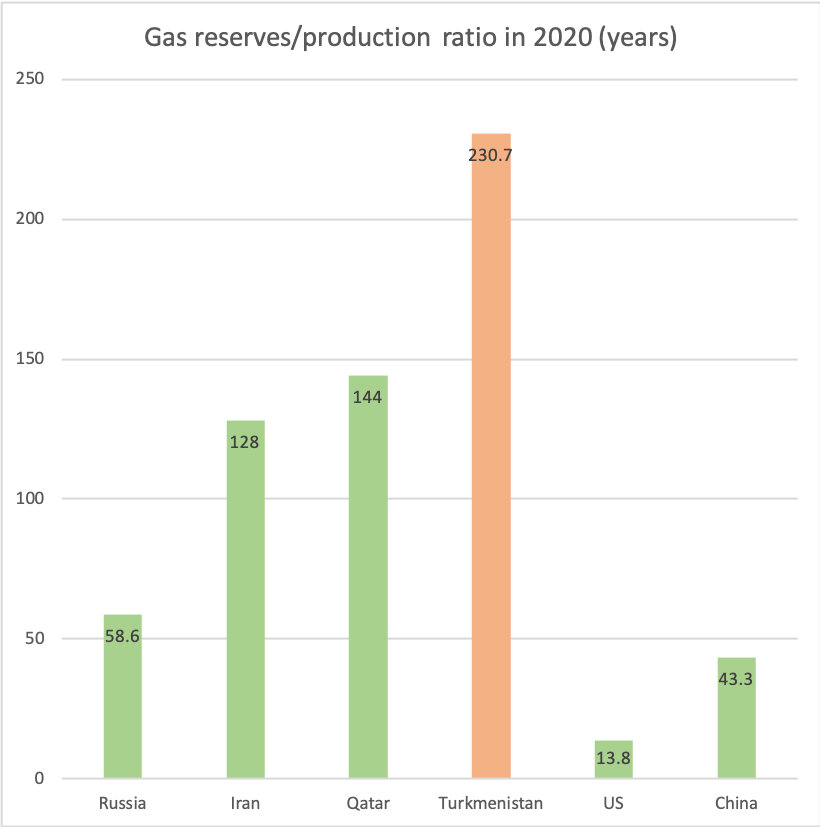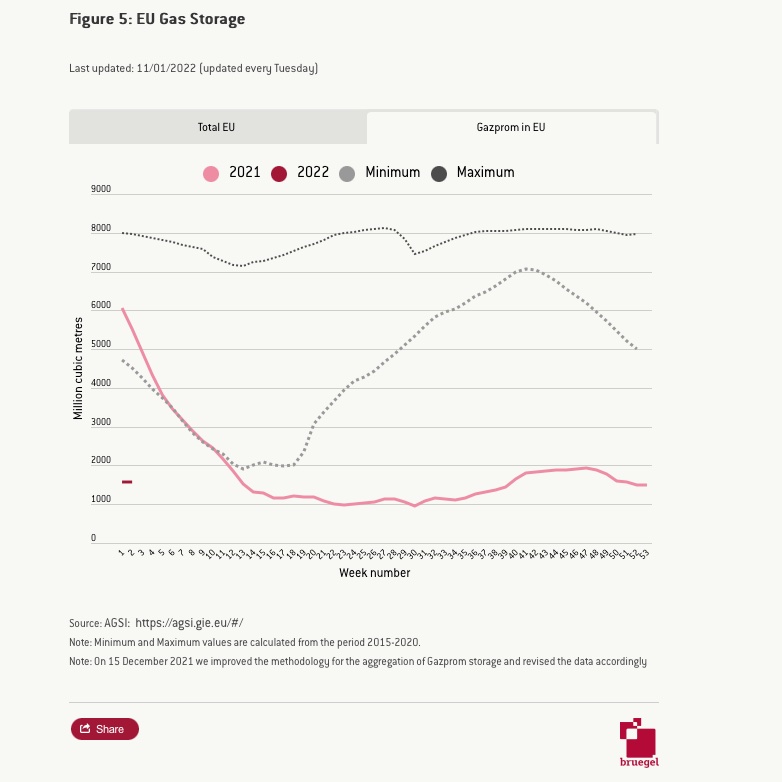
#oilembargo short thread (1/7)
Content:
- Ban on seaborne crude and products by end of the year (2/3 EU supply)
- pipeline exemption, to be revised with unclear timeline
- guarantees for HU in case of pipe disruption
- insurance included, shipping services not included
Content:
- Ban on seaborne crude and products by end of the year (2/3 EU supply)
- pipeline exemption, to be revised with unclear timeline
- guarantees for HU in case of pipe disruption
- insurance included, shipping services not included
Comments
The Družba exemption met a lot of criticism but isn't the big part of the story, as Družba north countries (DE,PL) will align with end of year ban. VDL says ban hits 90% of supplies. Question: beside Hungary, what will other Družba south countries (SK,CZ) do?2/7
The Družba exemption met a lot of criticism but isn't the big part of the story, as Družba north countries (DE,PL) will align with end of year ban. VDL says ban hits 90% of supplies. Question: beside Hungary, what will other Družba south countries (SK,CZ) do?2/7
HU guarantee: Beside commercial considerations, Hungary is probably afraid that if becomes the only Družba client, infrastructure security becomes much less of a concern for everyone else 3/7
long timeline leaves Russia time to re-organise. Already learning from the Iranian playbook how to circumvent secondary sanctions that might ensue once Europe will no longer buy Russian oil
+ high prices may compensate (partly?entirely?) 4/7
+ high prices may compensate (partly?entirely?) 4/7
But still, the impact will be felt
- Russia will need to sell in the east at a discount (now about 30USD spread)=less income
- Output likely to be affected-most mature wells might go offline (forever)
Sufficient to stop war? Nope 5/7
- Russia will need to sell in the east at a discount (now about 30USD spread)=less income
- Output likely to be affected-most mature wells might go offline (forever)
Sufficient to stop war? Nope 5/7
political rationale for the delay should also be seen in a broader perspective. Concerns about global inflation, potential impact on US midterm - let's remind that the US Treasury wasn't particularly supportive of an EU ban 6/7
Quite concerning to see no mention of how Europe will prepare. EU should adopt coordinated conservation measures, instead member states still waste money on un-targeted subsidies to consumption 7/7
• • •
Missing some Tweet in this thread? You can try to
force a refresh









